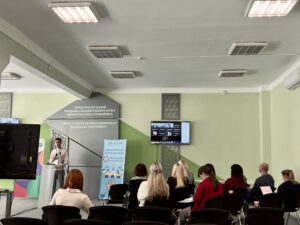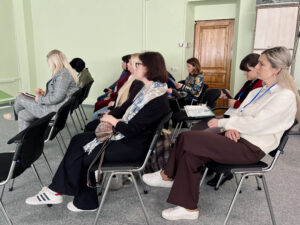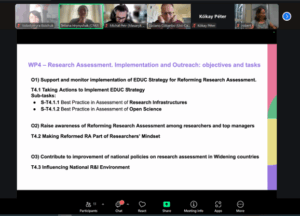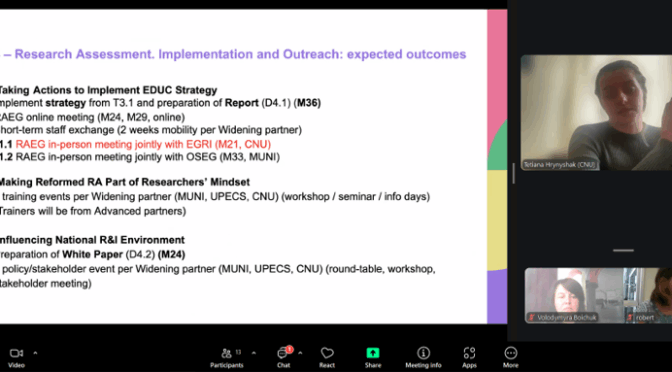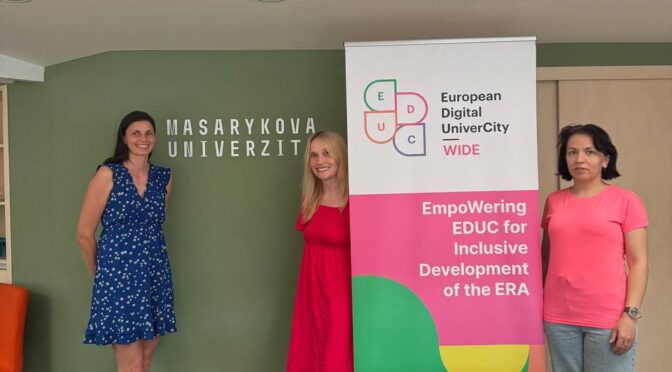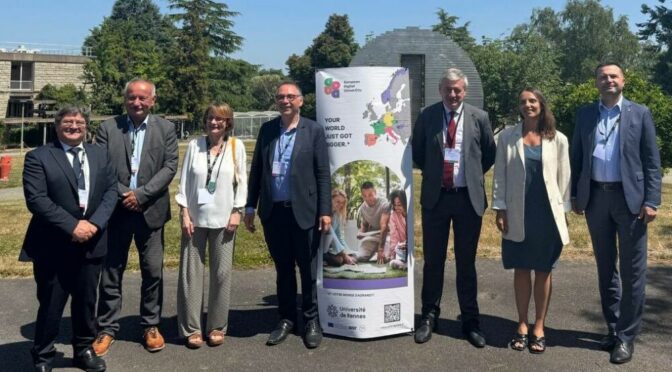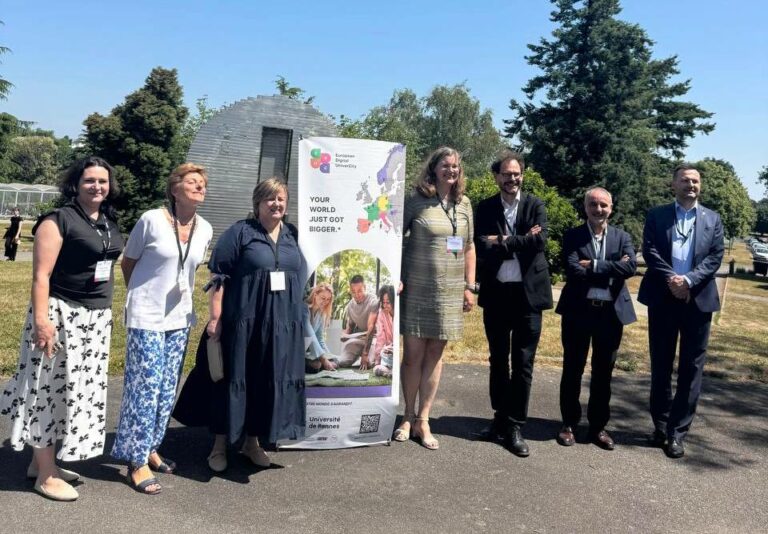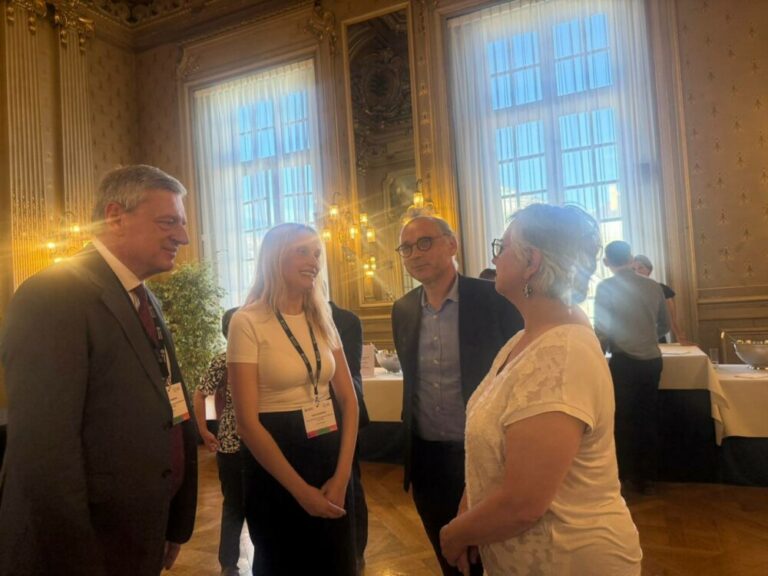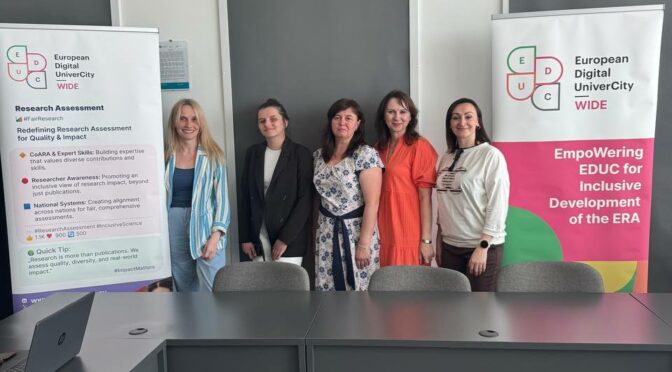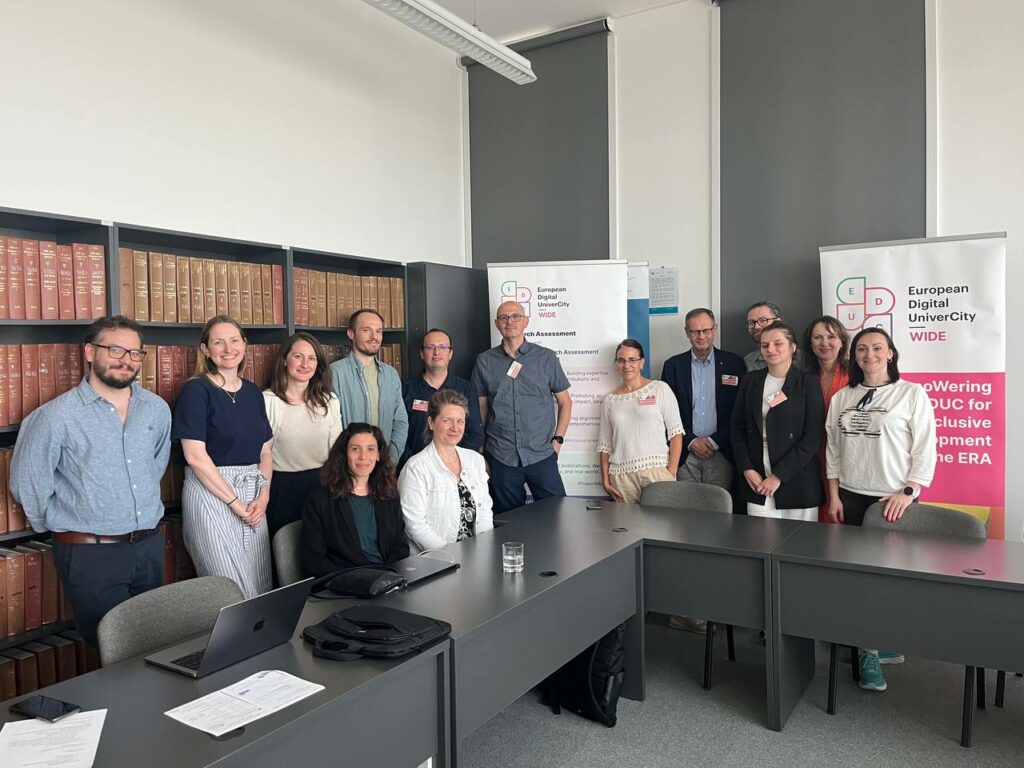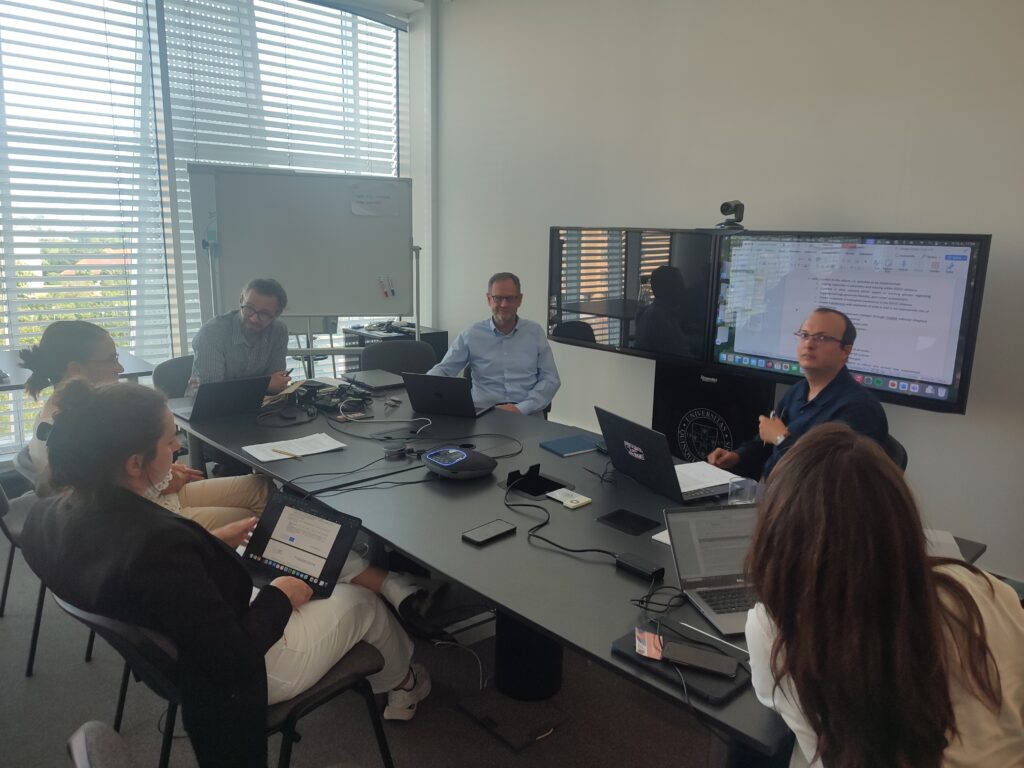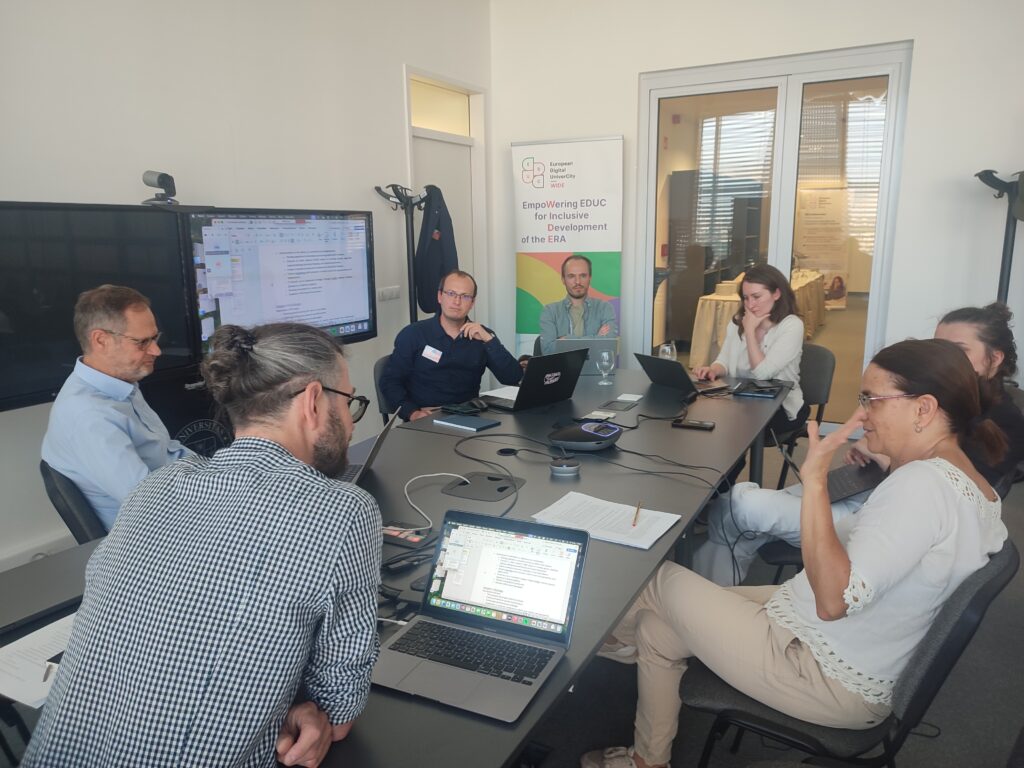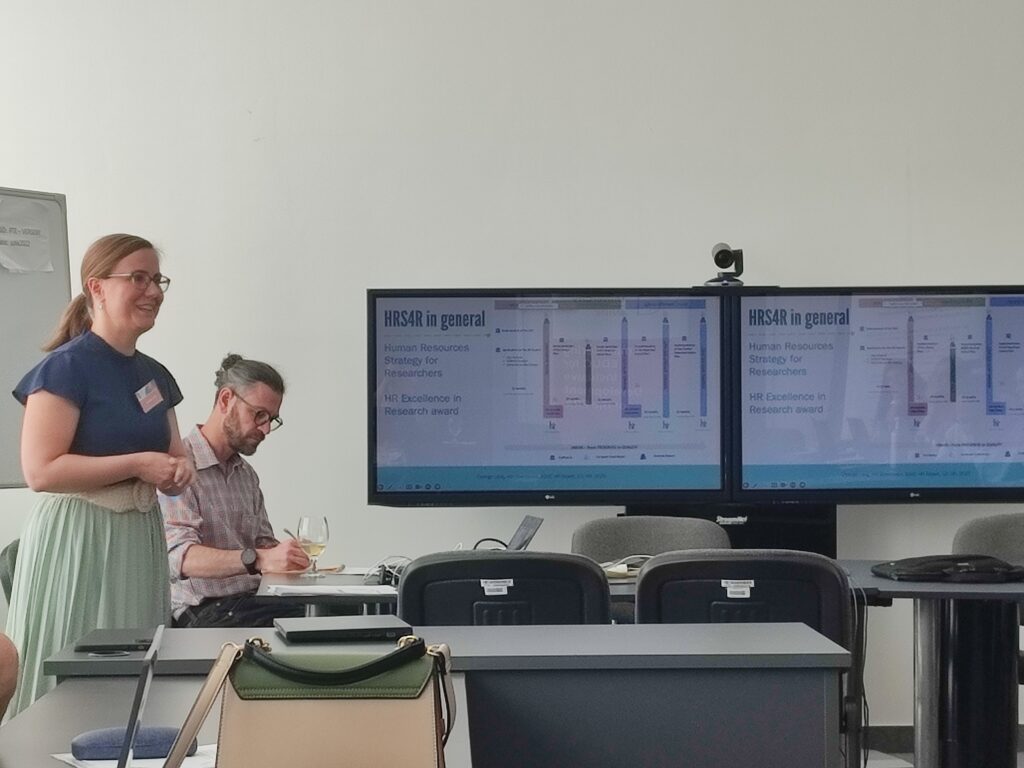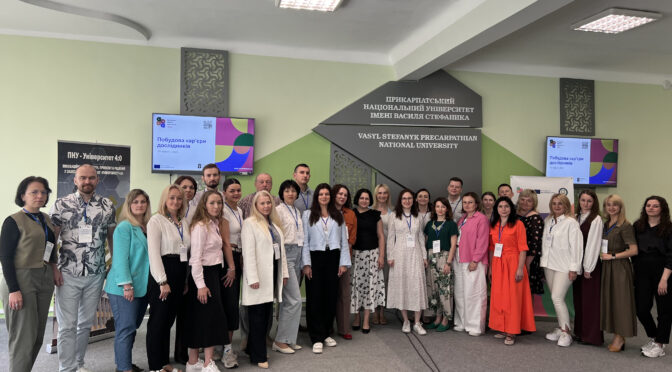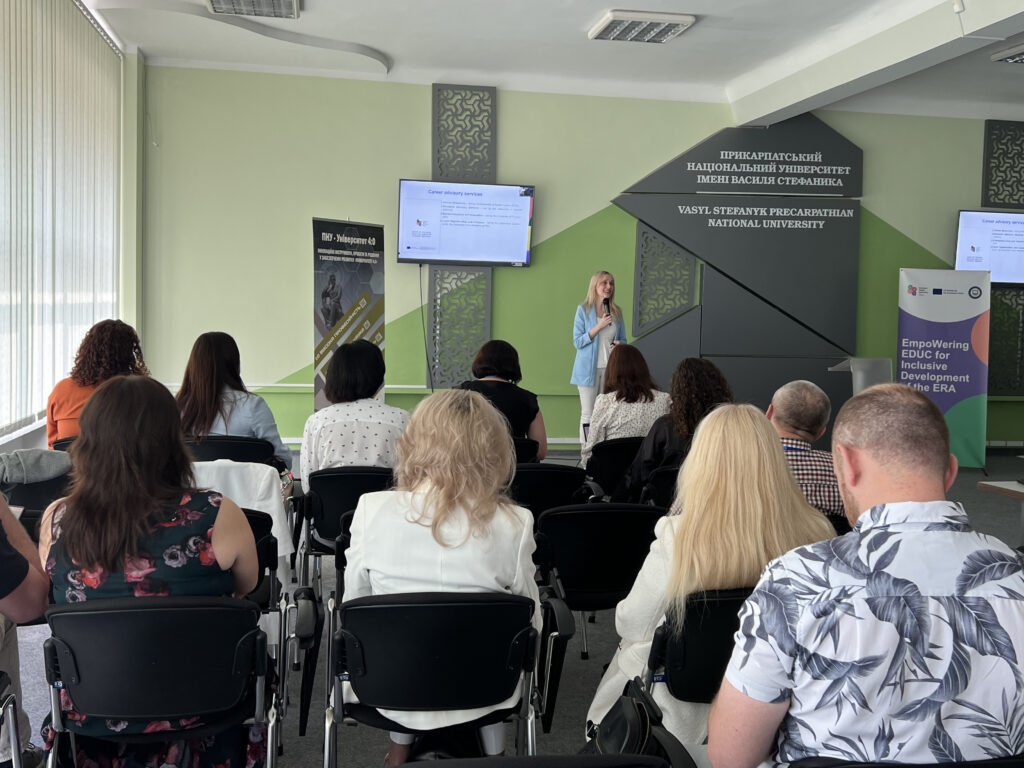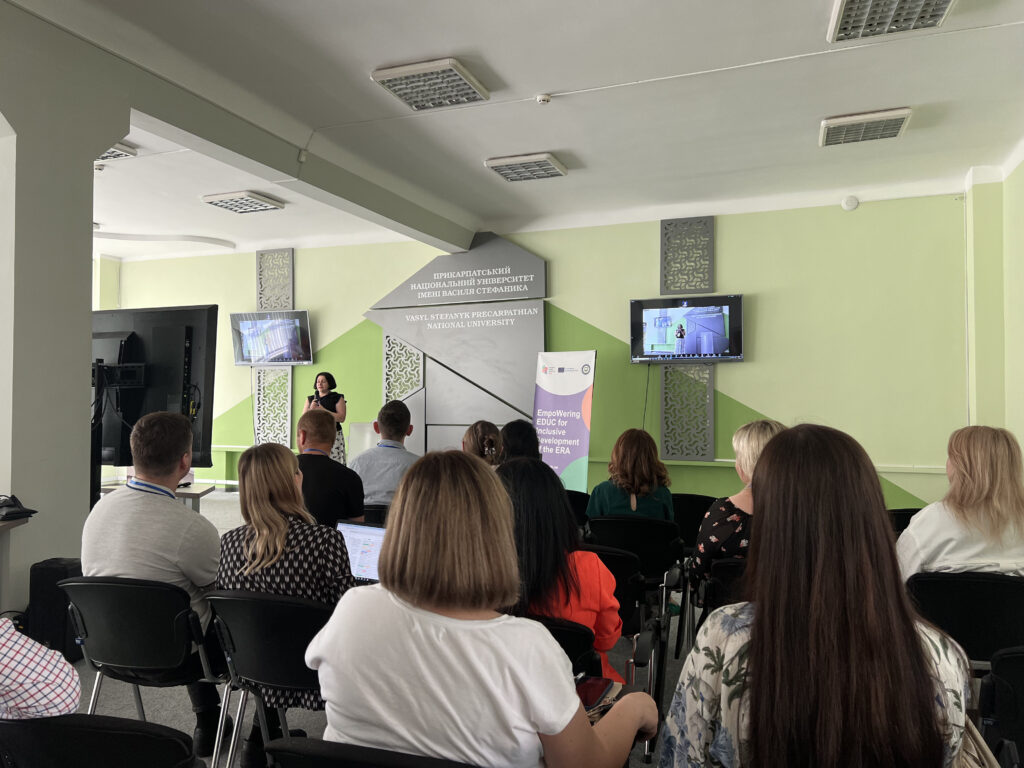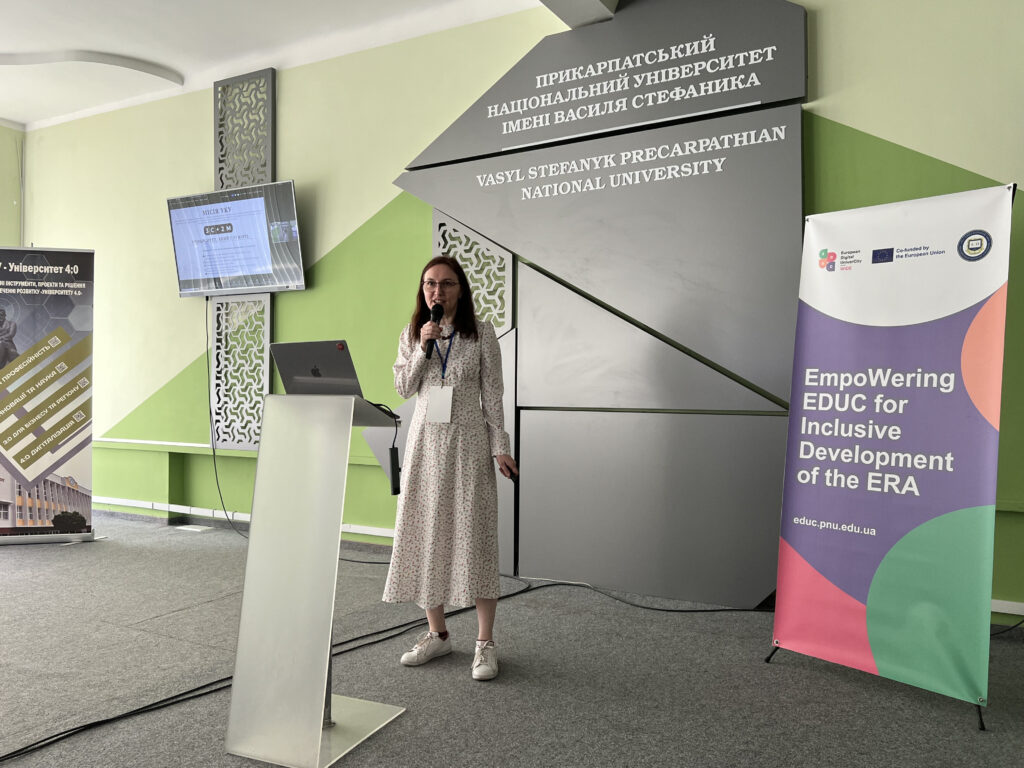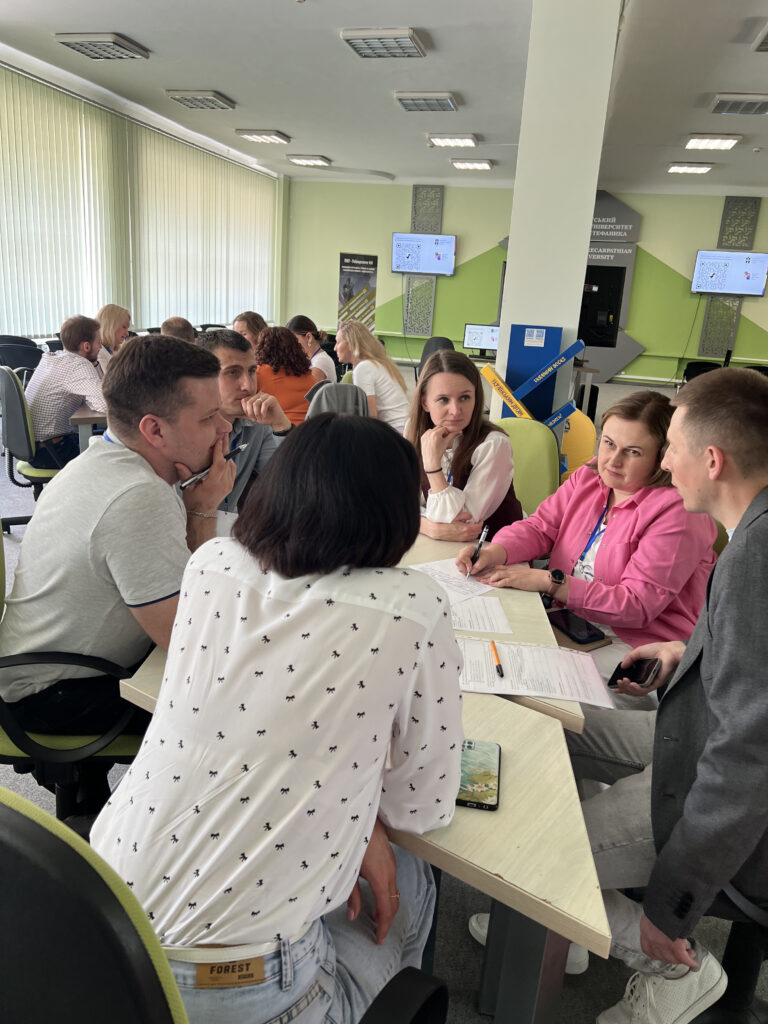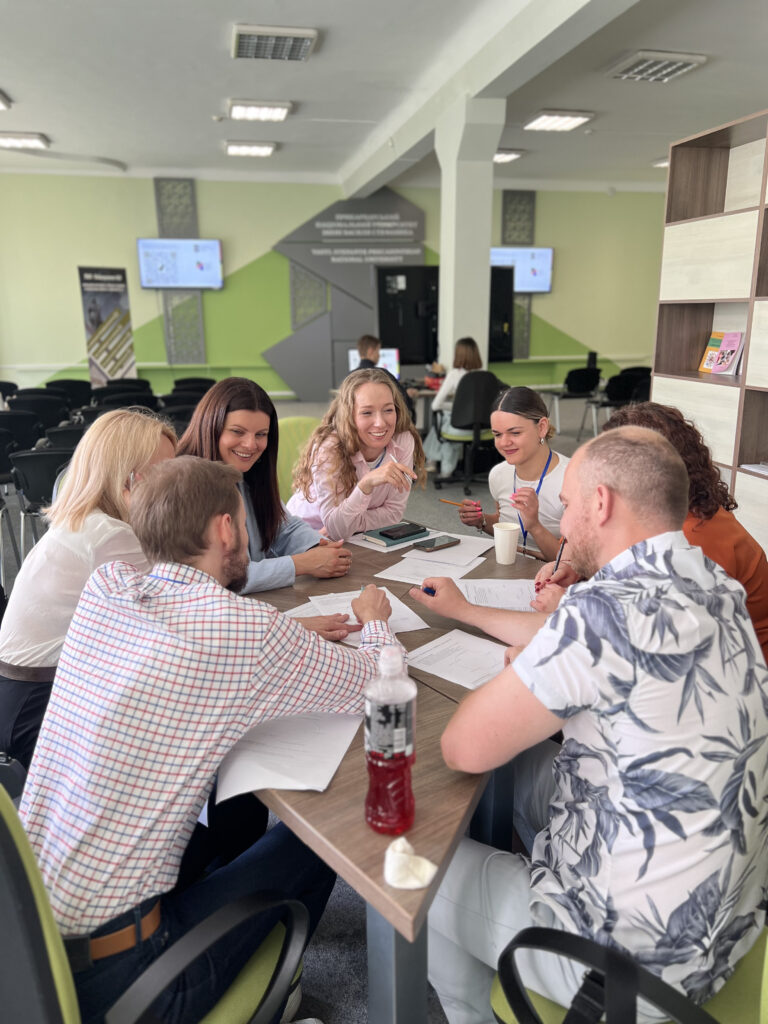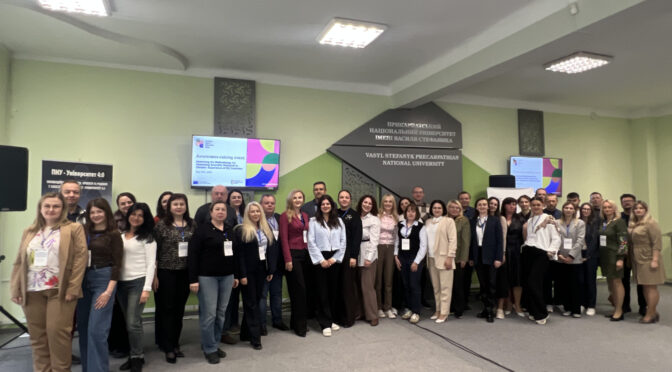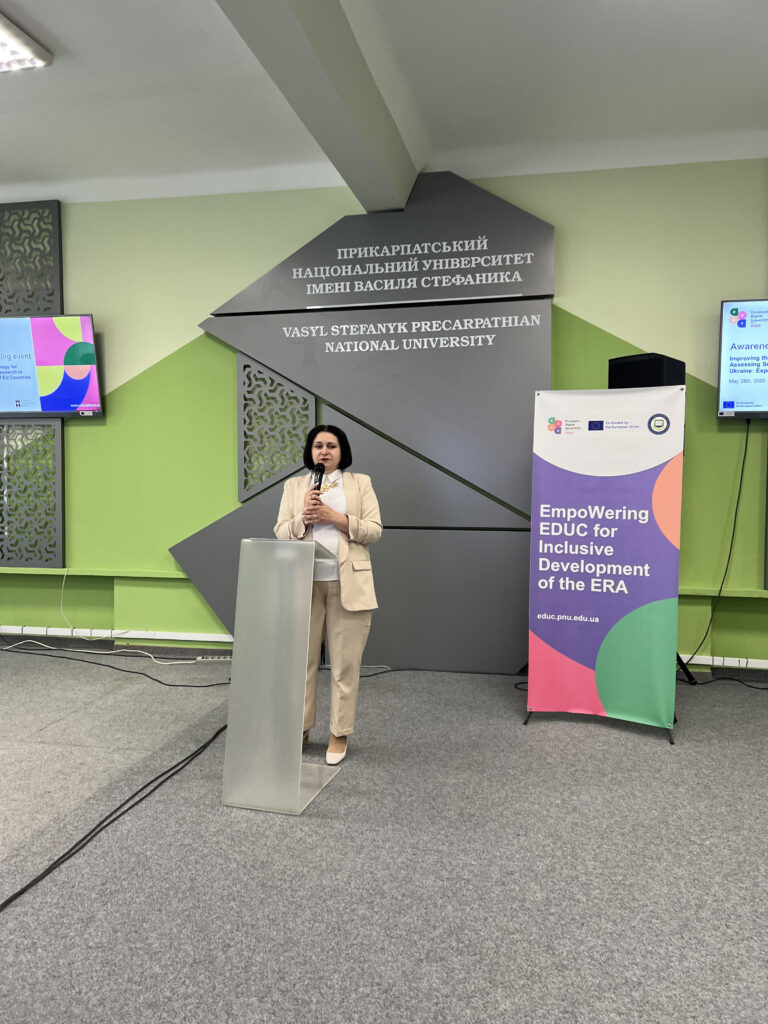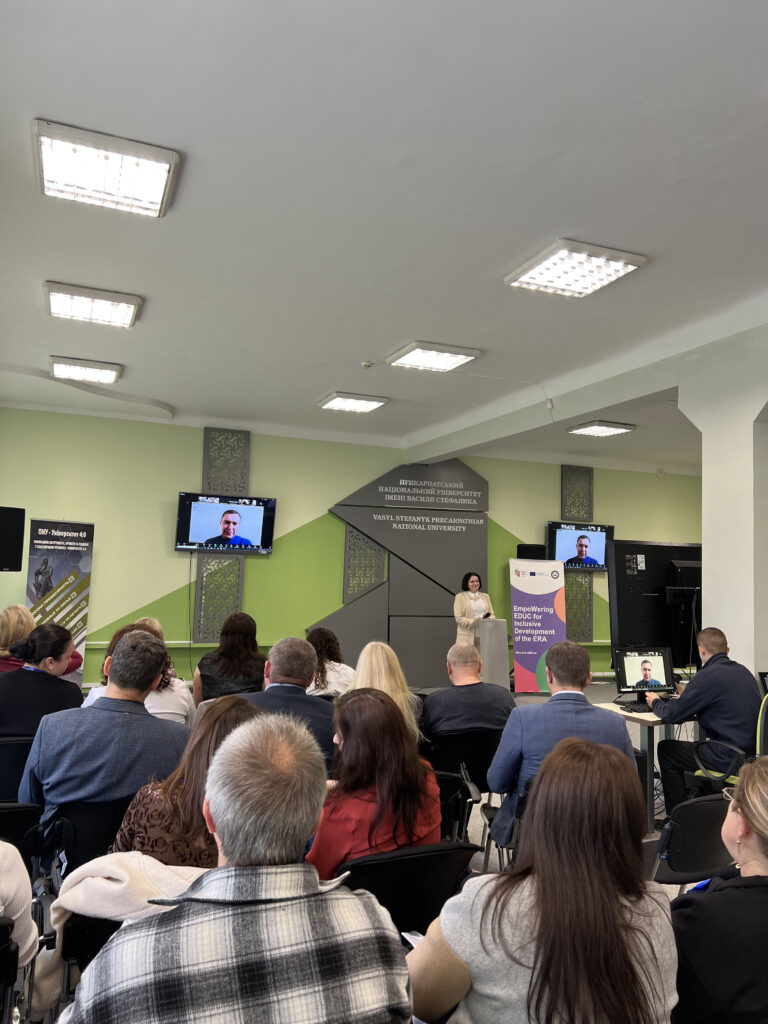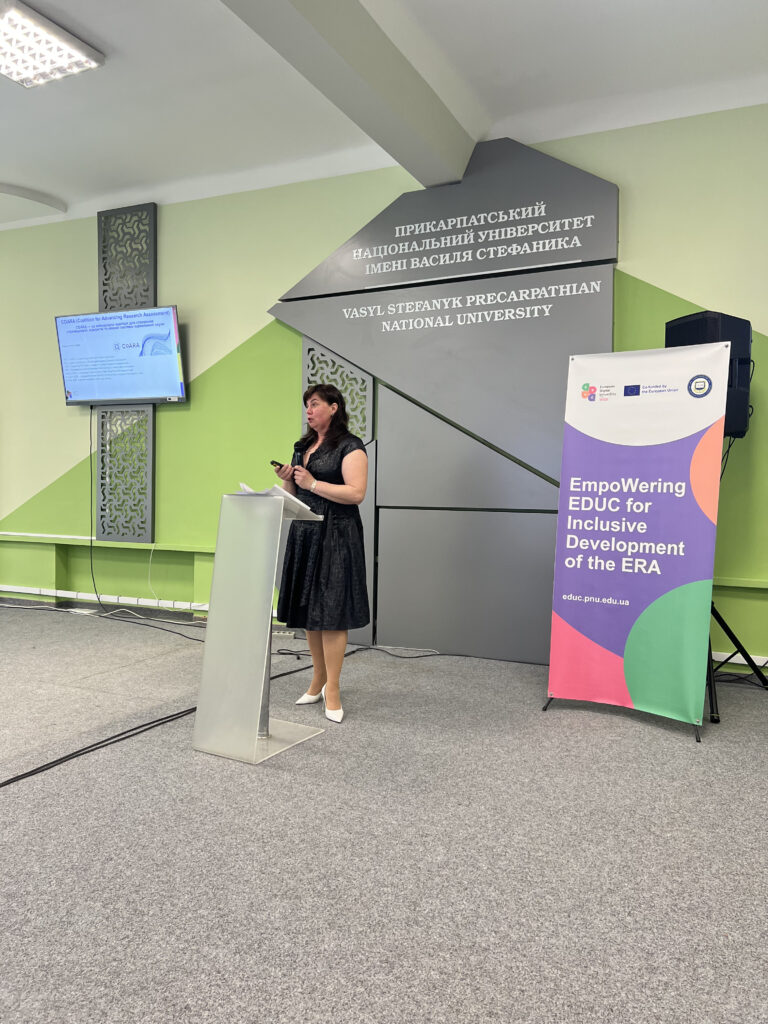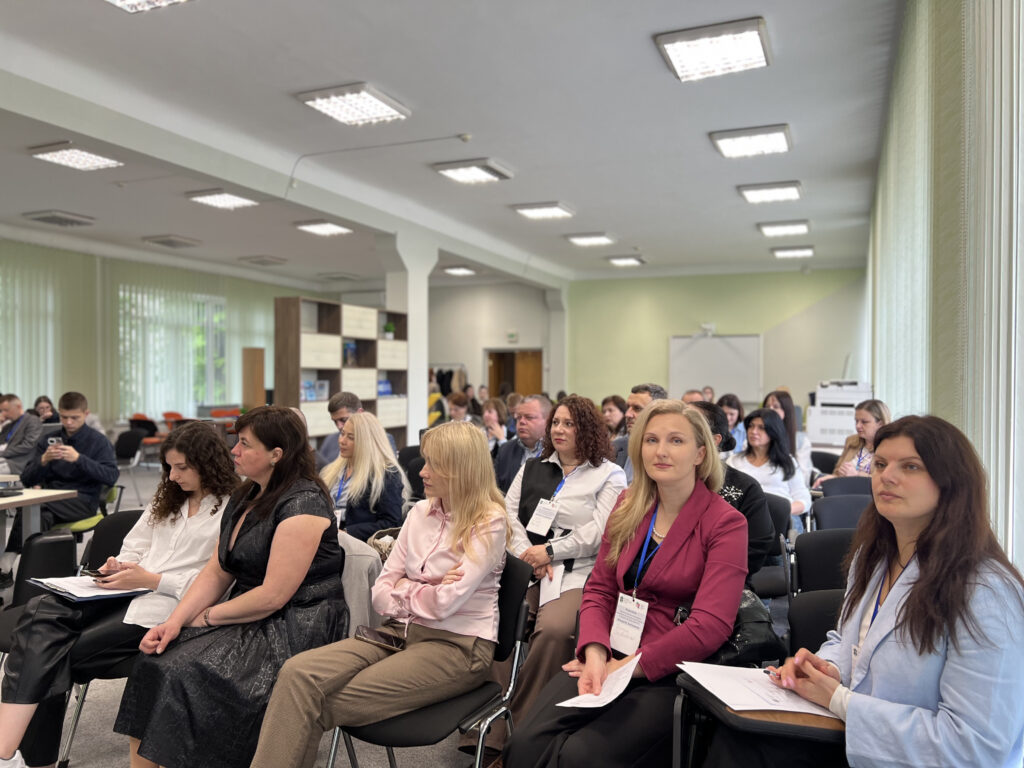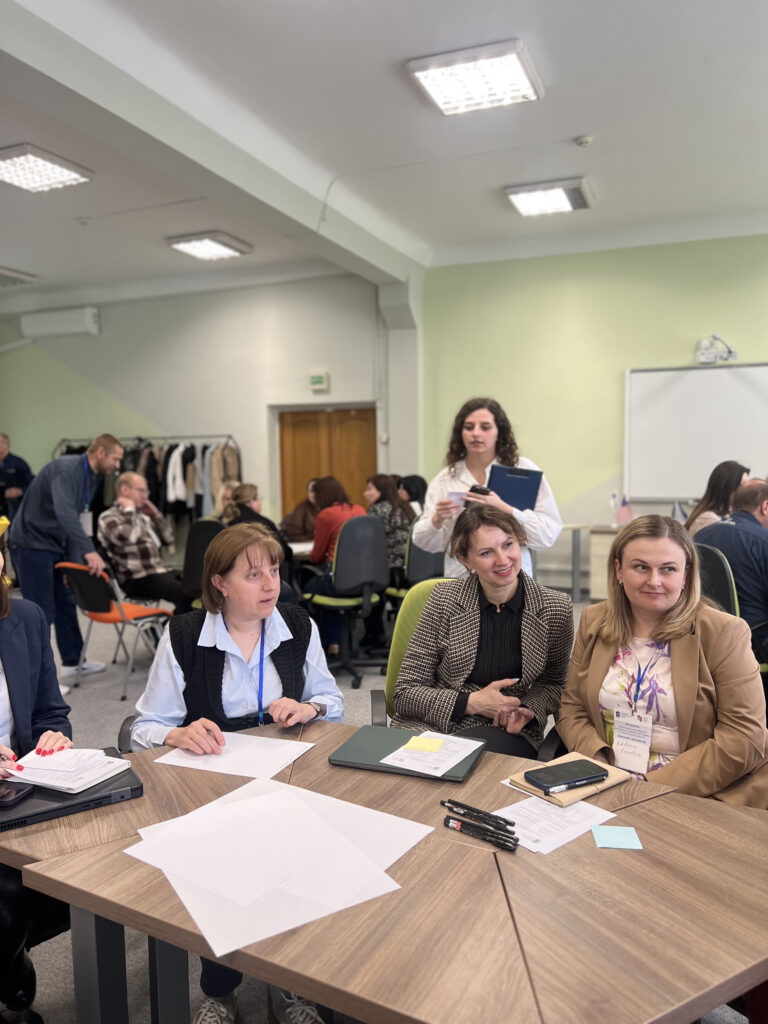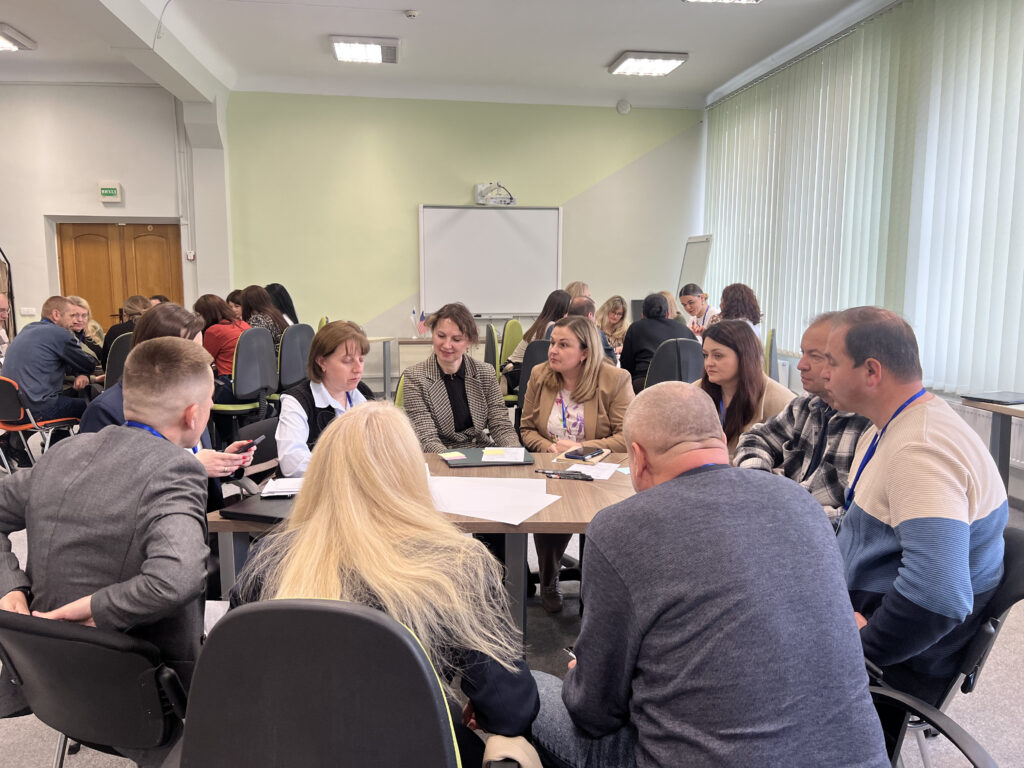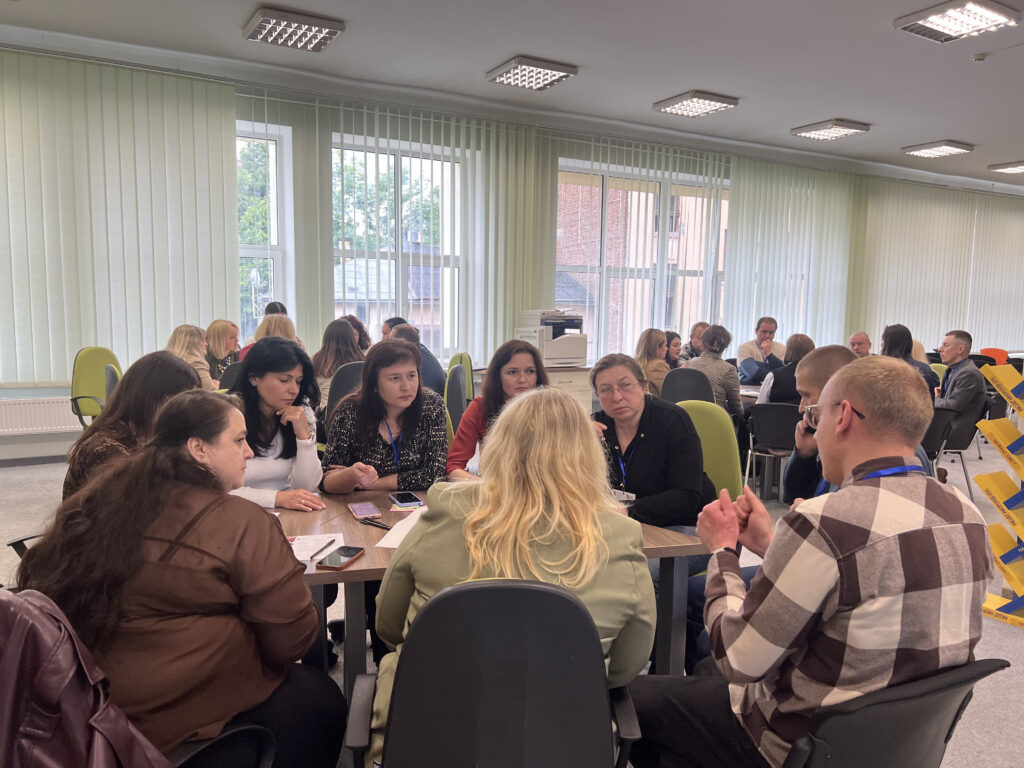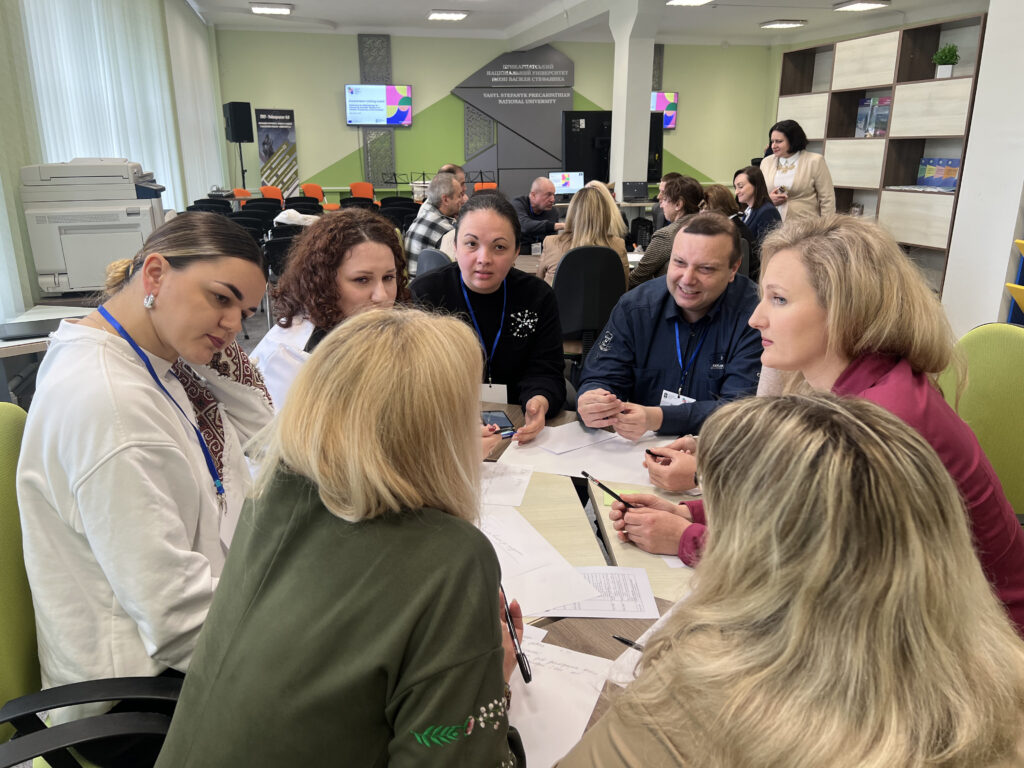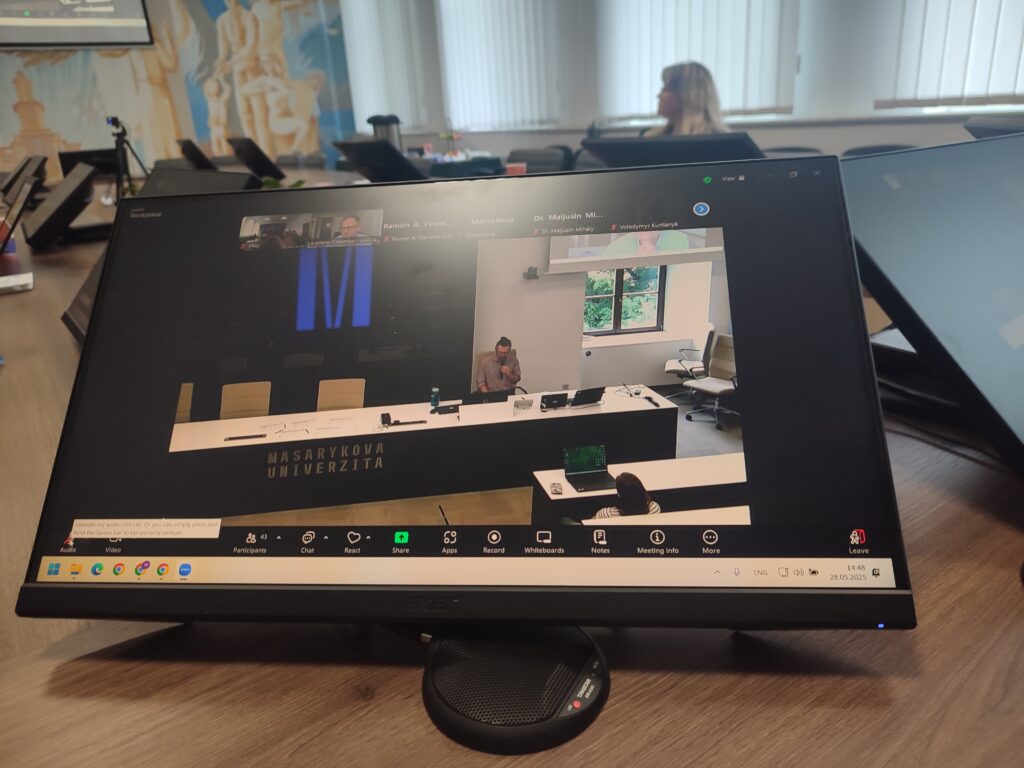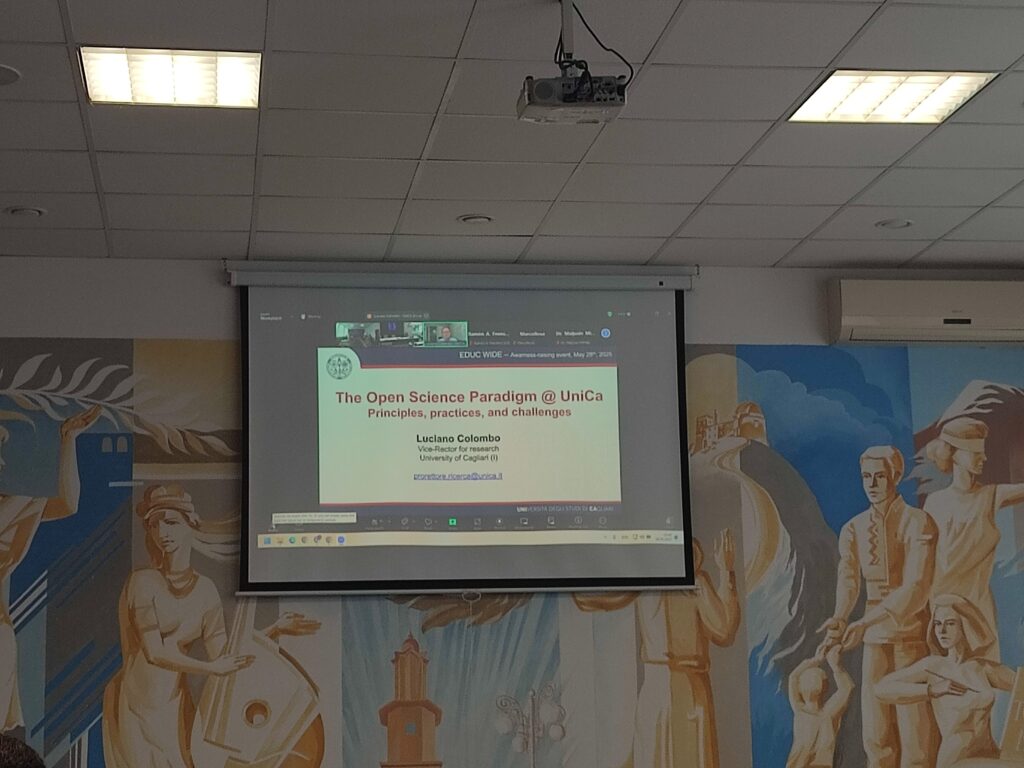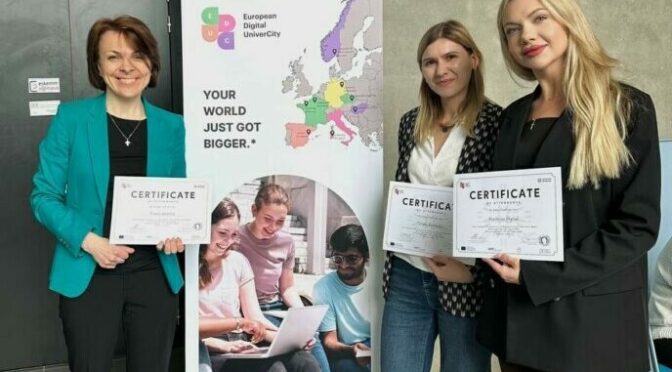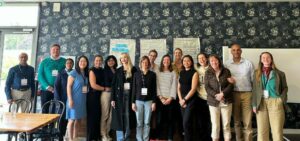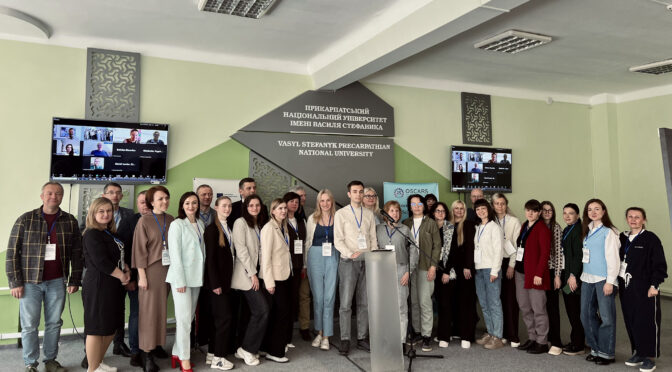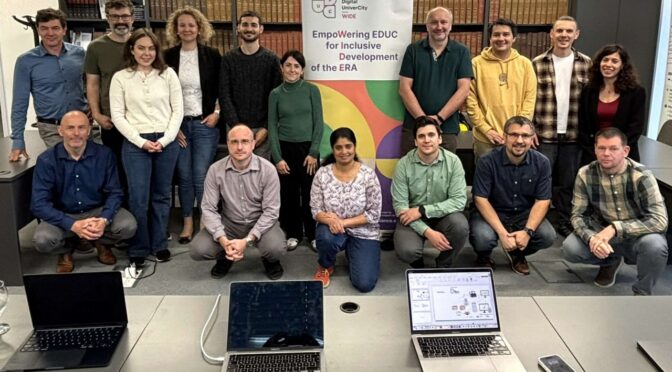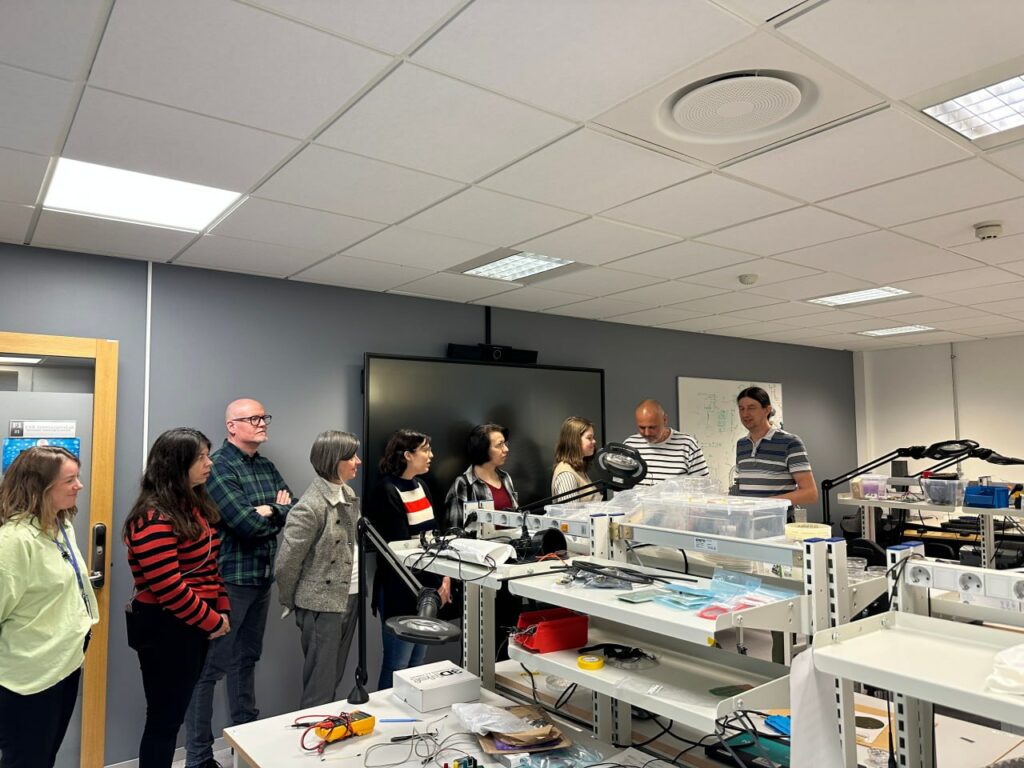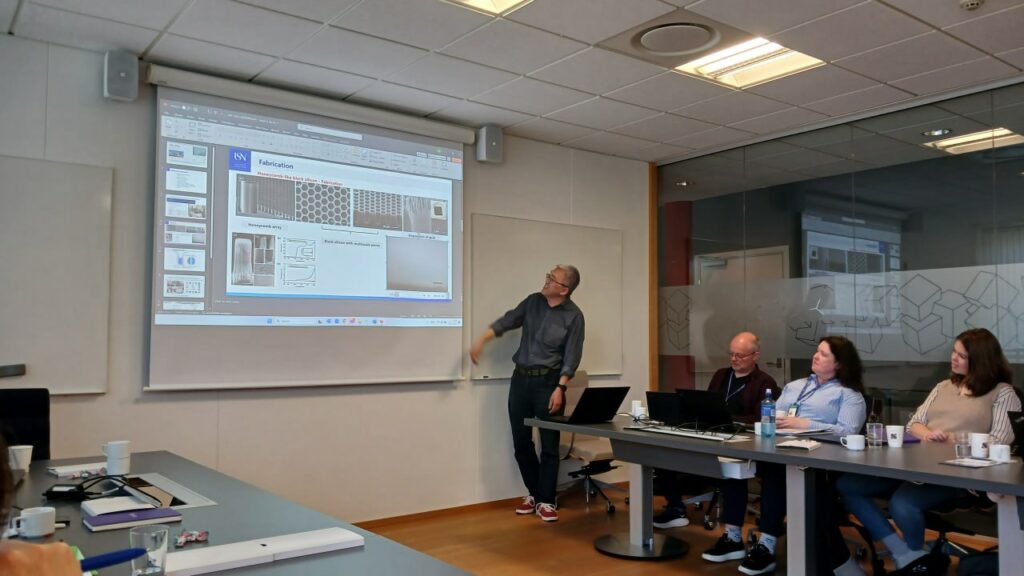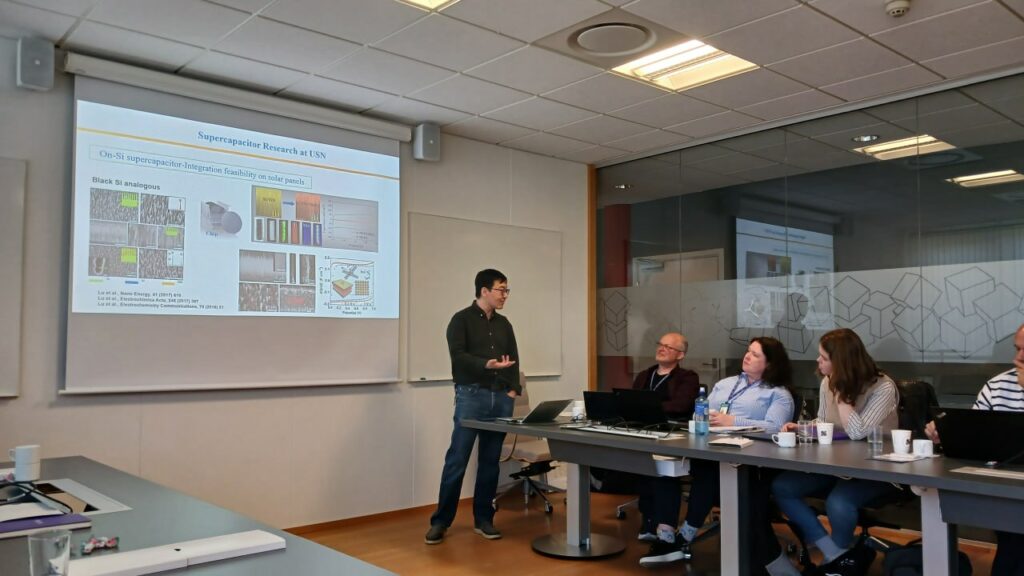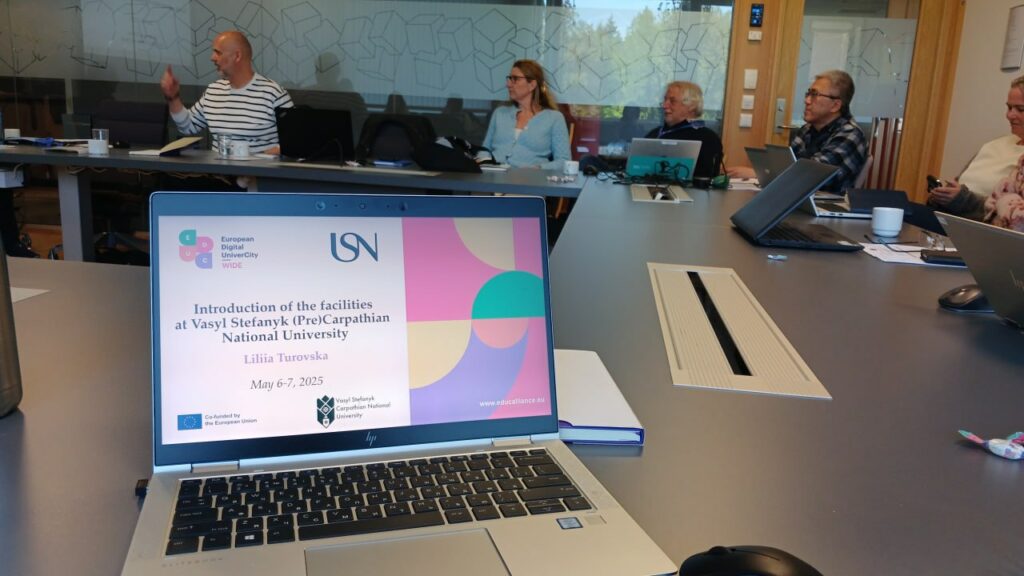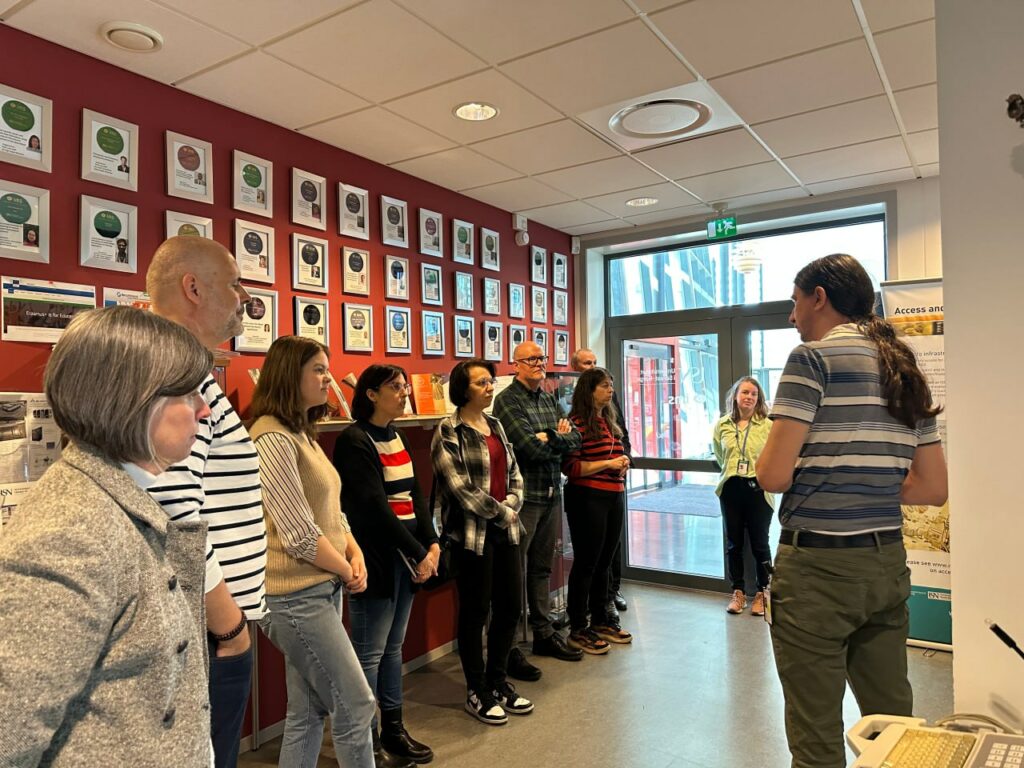On 16 May 2025, the international workshop “Open Science and FAIR: Global strategies for accessibility, interoperability and information security”. The event was held in a hybrid format. The morning session in English was open to all participants, and the afternoon session was held in Ukrainian for representatives of the Ukrainian scientific community.
The workshop was held within the framework of the international project EDUC-WIDE (‘Empowering EDUC for the inclusive development of the European Research Area’) as part of Work Package 1 ‘Open Science: Analysis and Recommendations’.
The aim of the event is to facilitate the integration of Precarpathian University into the European Research Area (ERA) and to implement the principles of open science in the university’s activities. The EDUC-WIDE project, coordinated by the Acting Rector of Vasyl Stefanyk Precarpathian National University, Ihor Tsependa, is supported by the EU’s Horizon Europe programme and aims to strengthen scientific cooperation between the universities of the EDUC alliance and integrate Ukraine into the European scientific community. In particular, one of the project’s objectives is to introduce the principles of open science into the research processes and infrastructure of partner universities, which was the key topic of the workshop.
The participants were welcomed by:
– Valentyna Yakubiv, First Vice-Rector of Vasyl Stefanyk Precarpathian National University
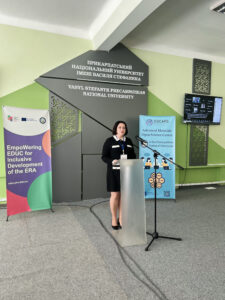
– Volodymyr Pavlikov – Chairman of the Council of Vice-Rectors for Research of Ukrainian Higher Education Institutions
Among the speakers of the event:
– Tetiana Yaroshenko – Deputy Director for Scientific Work and International Cooperation of the State Scientific and Technical Library of Ukraine
– Lyubomyr Nykyruy – Candidate of Physical and Mathematical Sciences, Head of the Department of Physics and Astronomy of the PNU
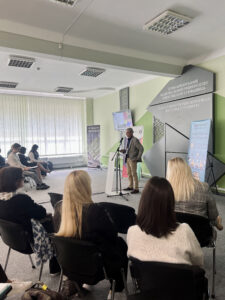
– Alžběta Karolyiová – Open Science Data Analyst, Masaryk University, Czech Republic
– Herman Strom – Research Support Coordinator, University of South-Eastern Norway
– Volodymyr Kotsiubynskyi – Professor, Project Manager, PNU-OpenLab
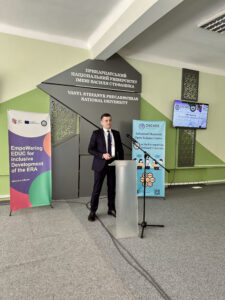
– Tetiana Korniienko – Junior Researcher, EDUC-WIDE project (PNU)
– Roman Dzumedzei – Director of the PNU Scientific Library
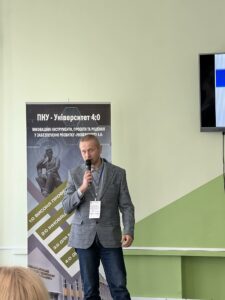
As part of the English-language session, speakers from the Czech Republic, Norway, and Ukraine discussed global approaches to implementing the principles of open science, in particular in the field of scientific journals, open data, and digital support for researchers. The Ukrainian part of the programme was dedicated to the implementation of open science in the PNU, policy-making, institutional roadmap, FAIR data, and the work of libraries.
The event contributed to the development of practical recommendations for the university, which will be taken into account when developing an open science policy and implementing infrastructures to support open research. The university will continue to actively integrate into the European Research Area, cooperating with the universities of the EDUC alliance and other international partners.
The programme of the event is available here:
https://educ.pnu.edu.ua/wp-content/uploads/sites/190/2025/05/rrogram_os_16.05.2025.docx.pdf
